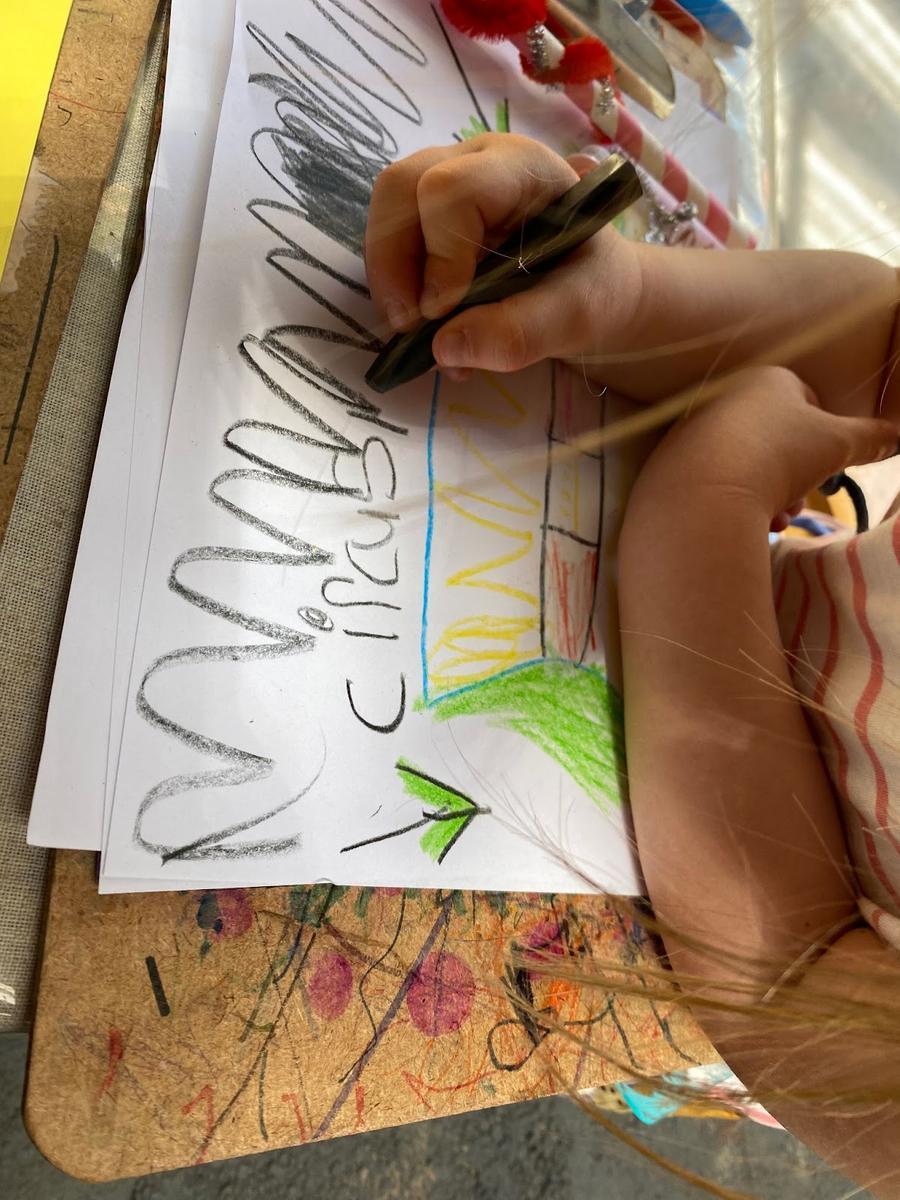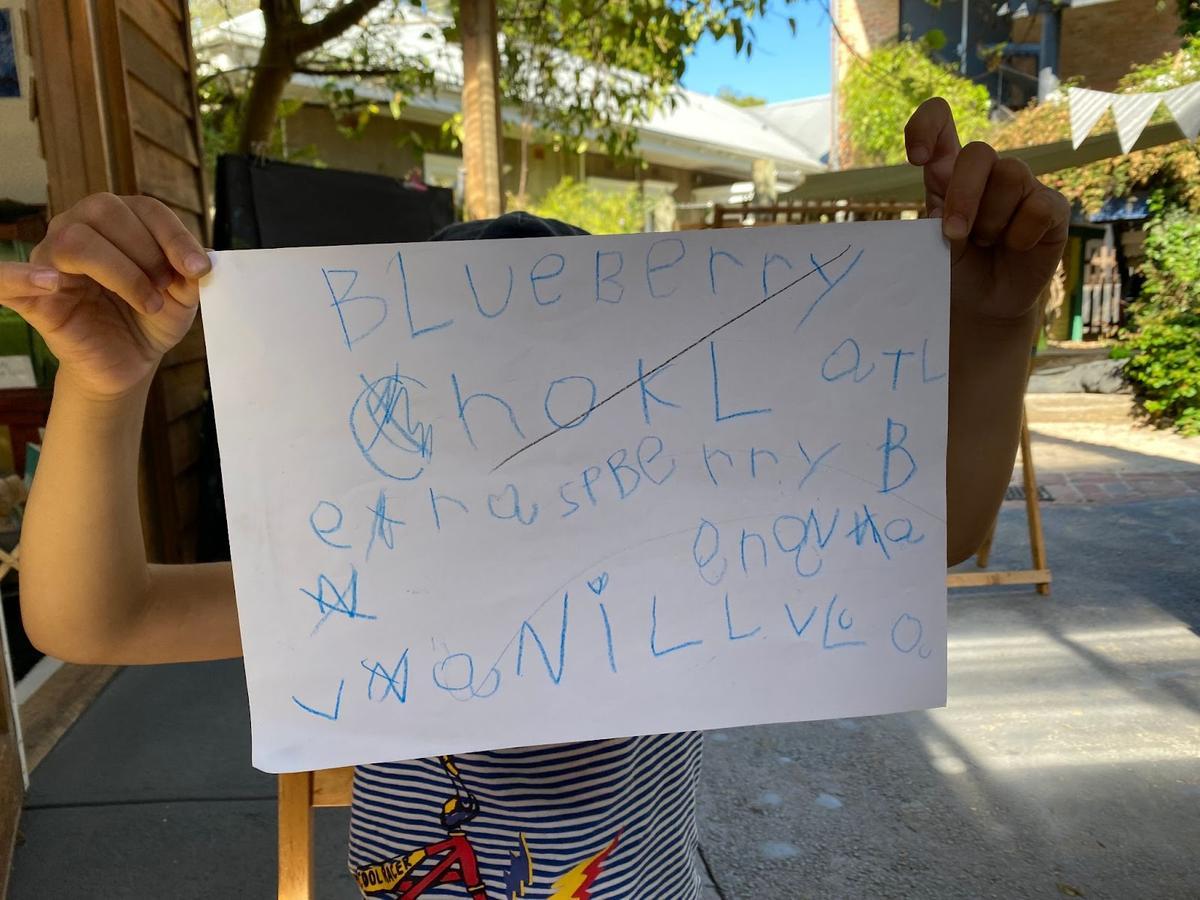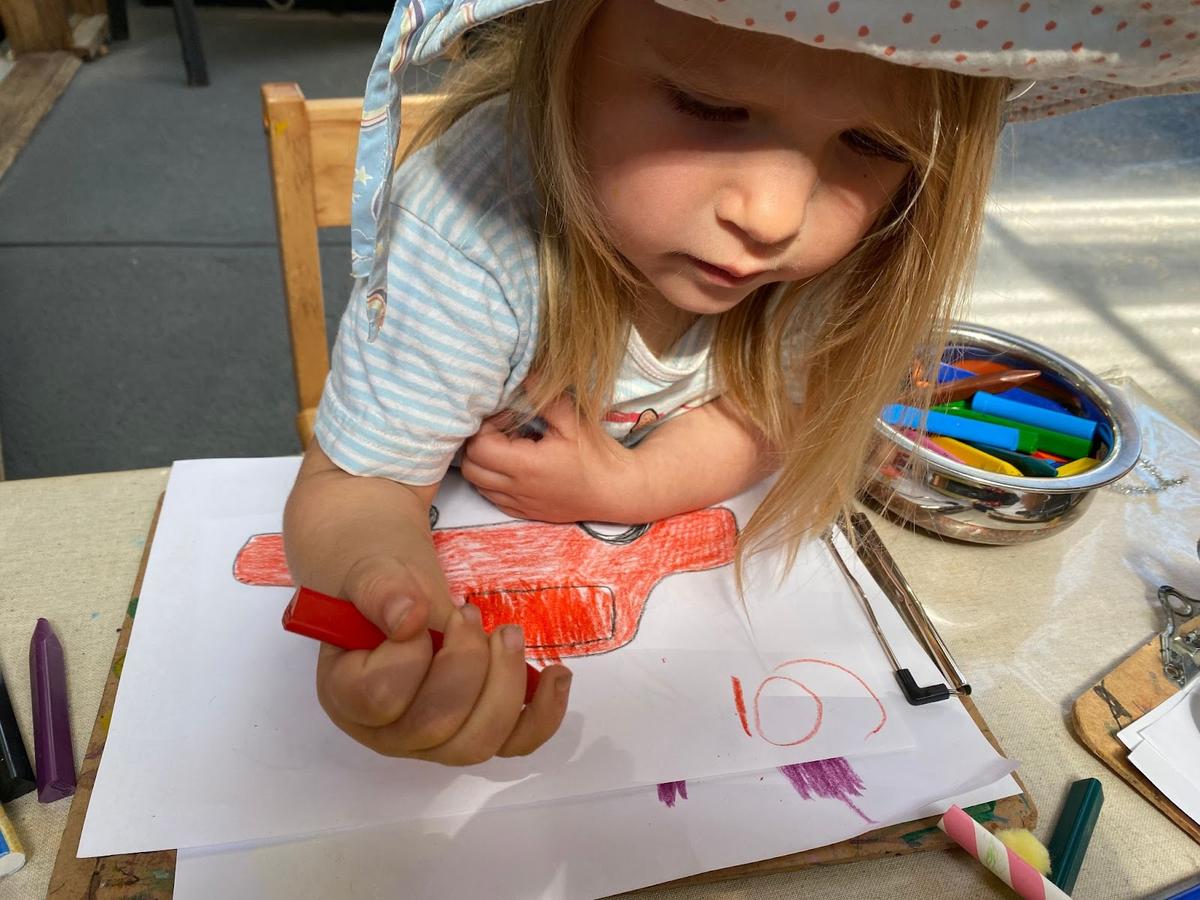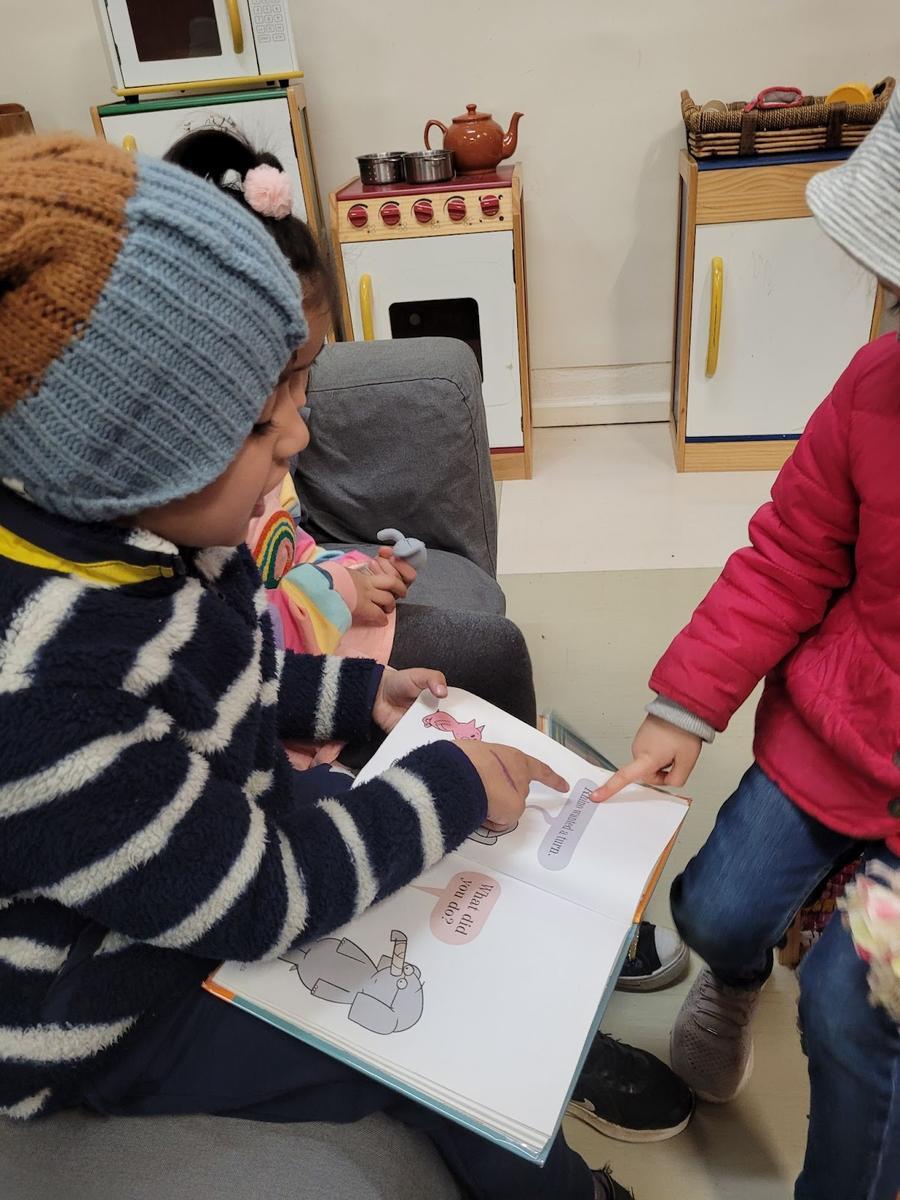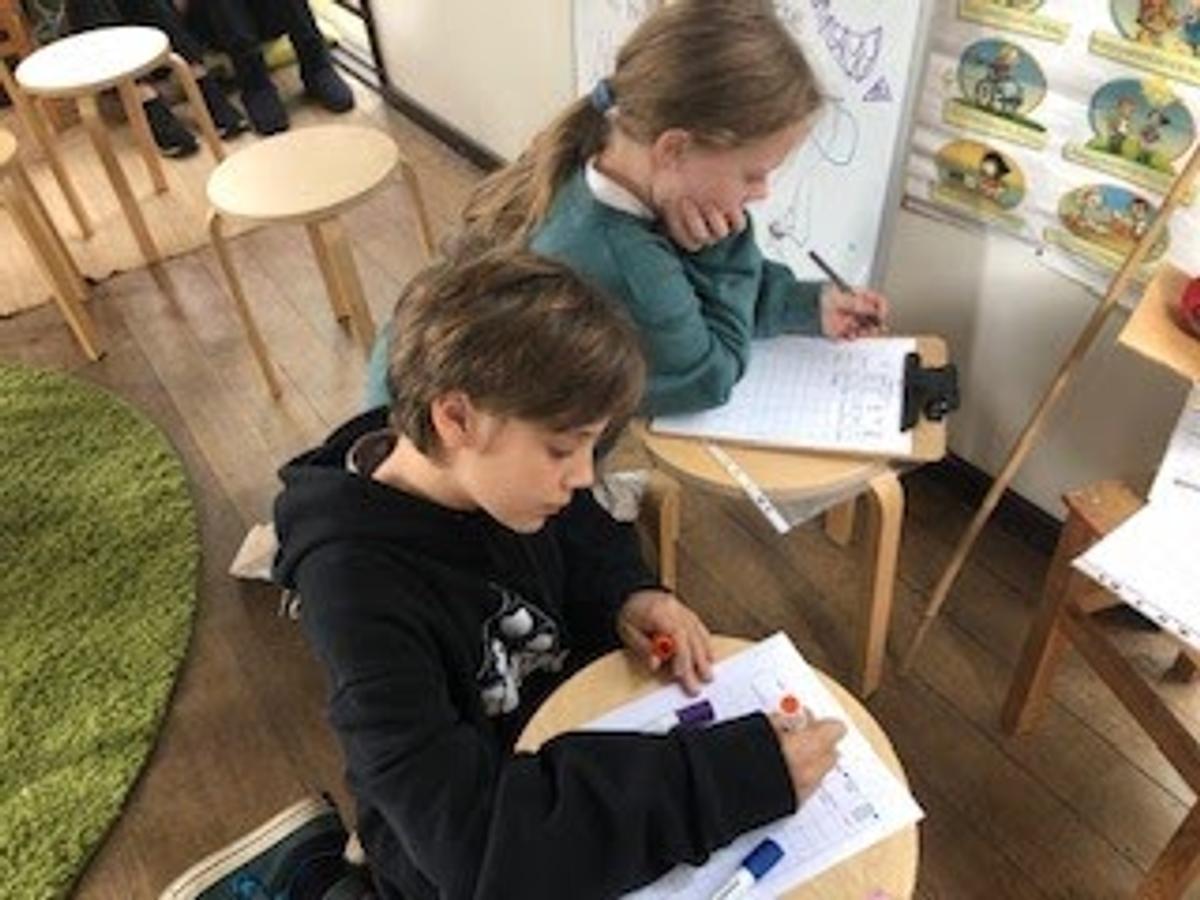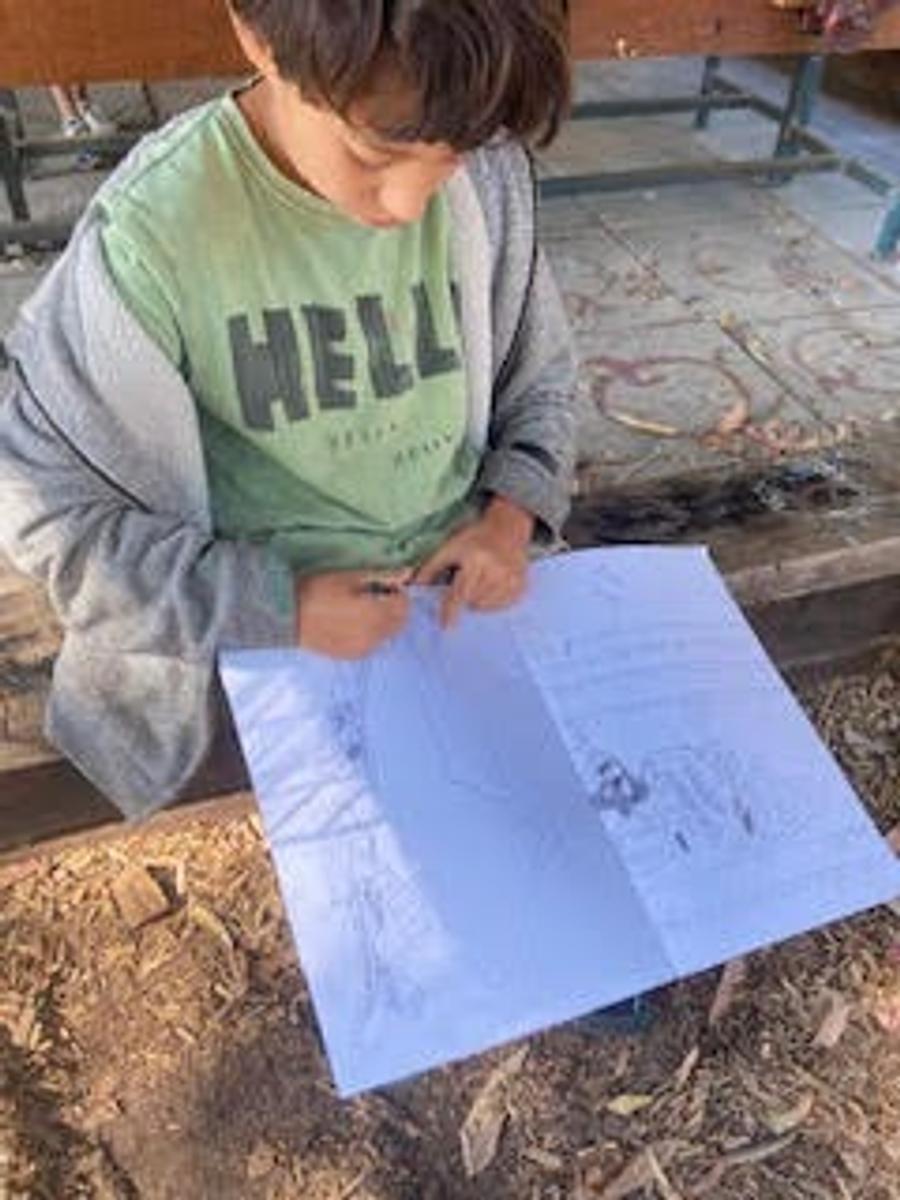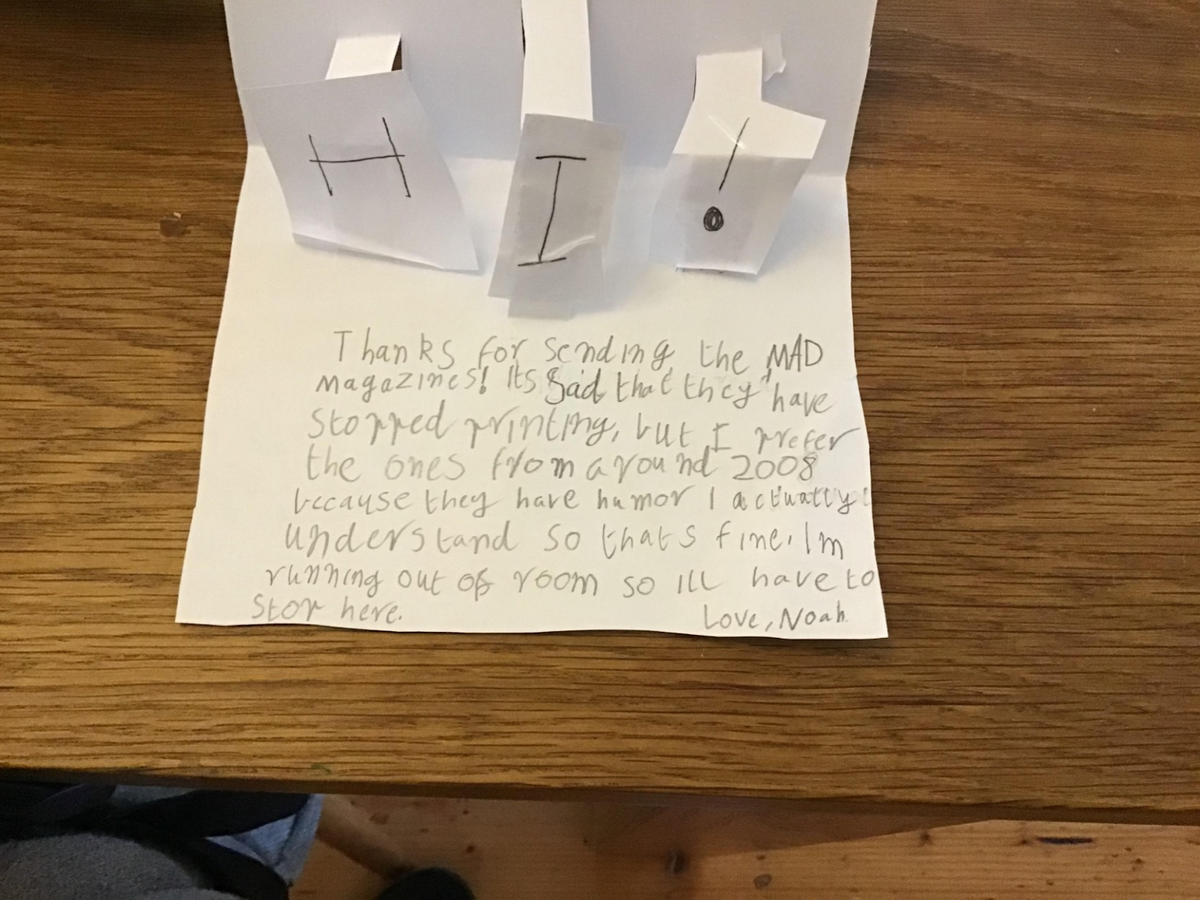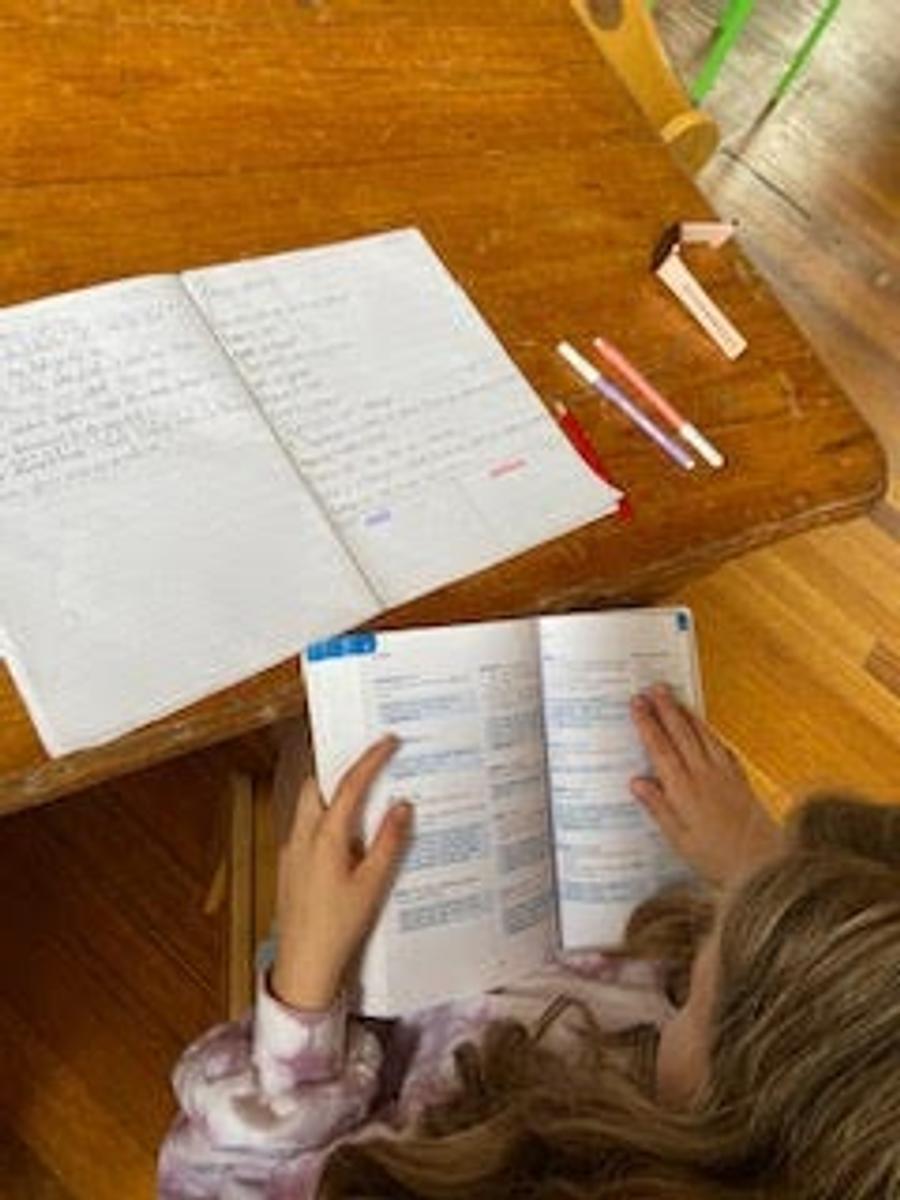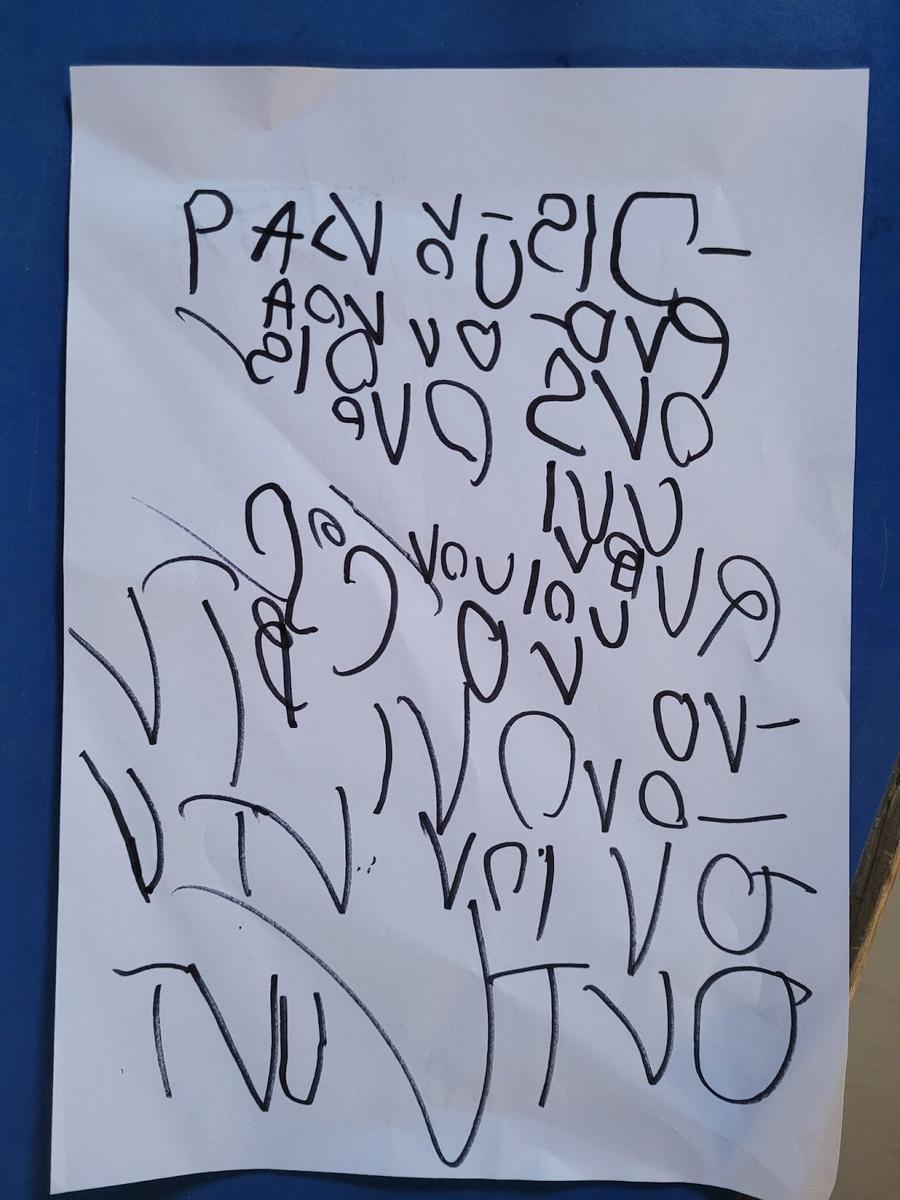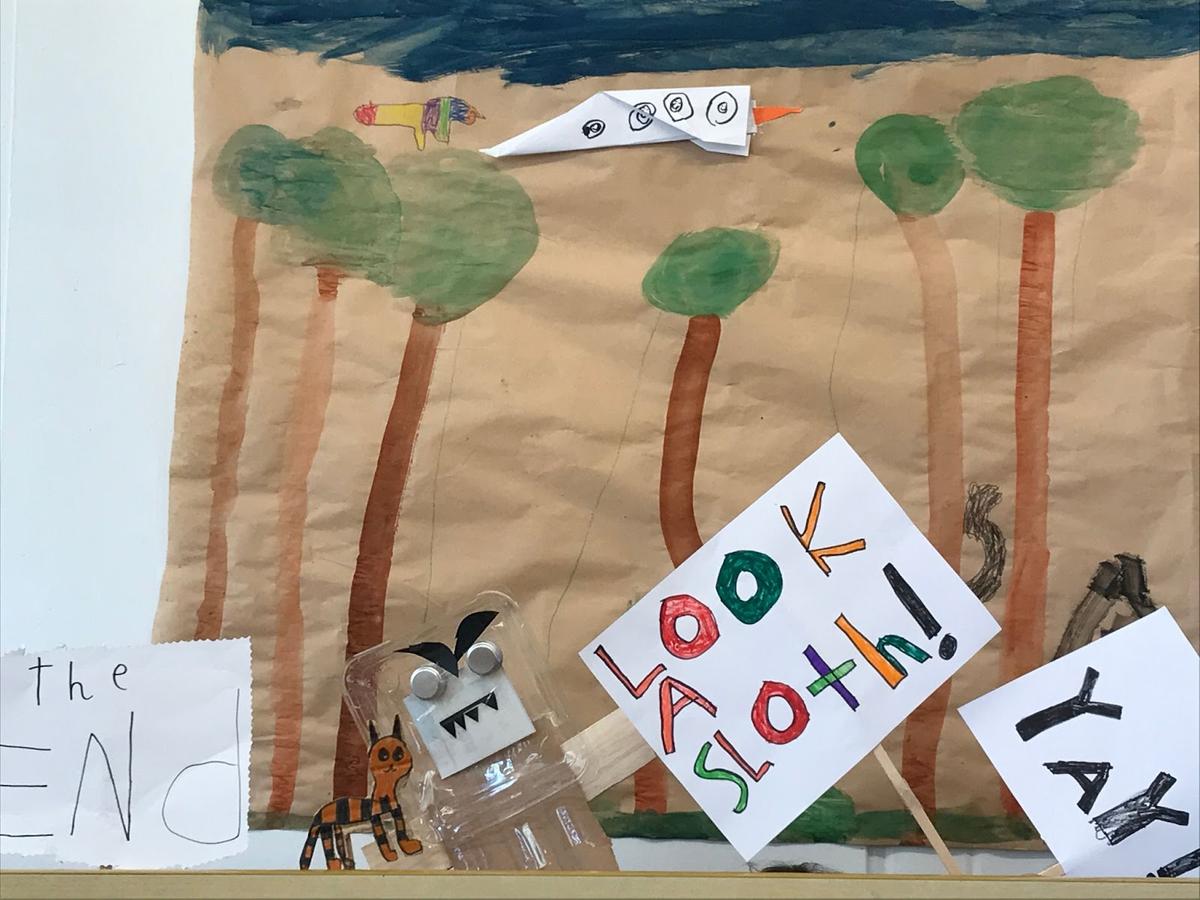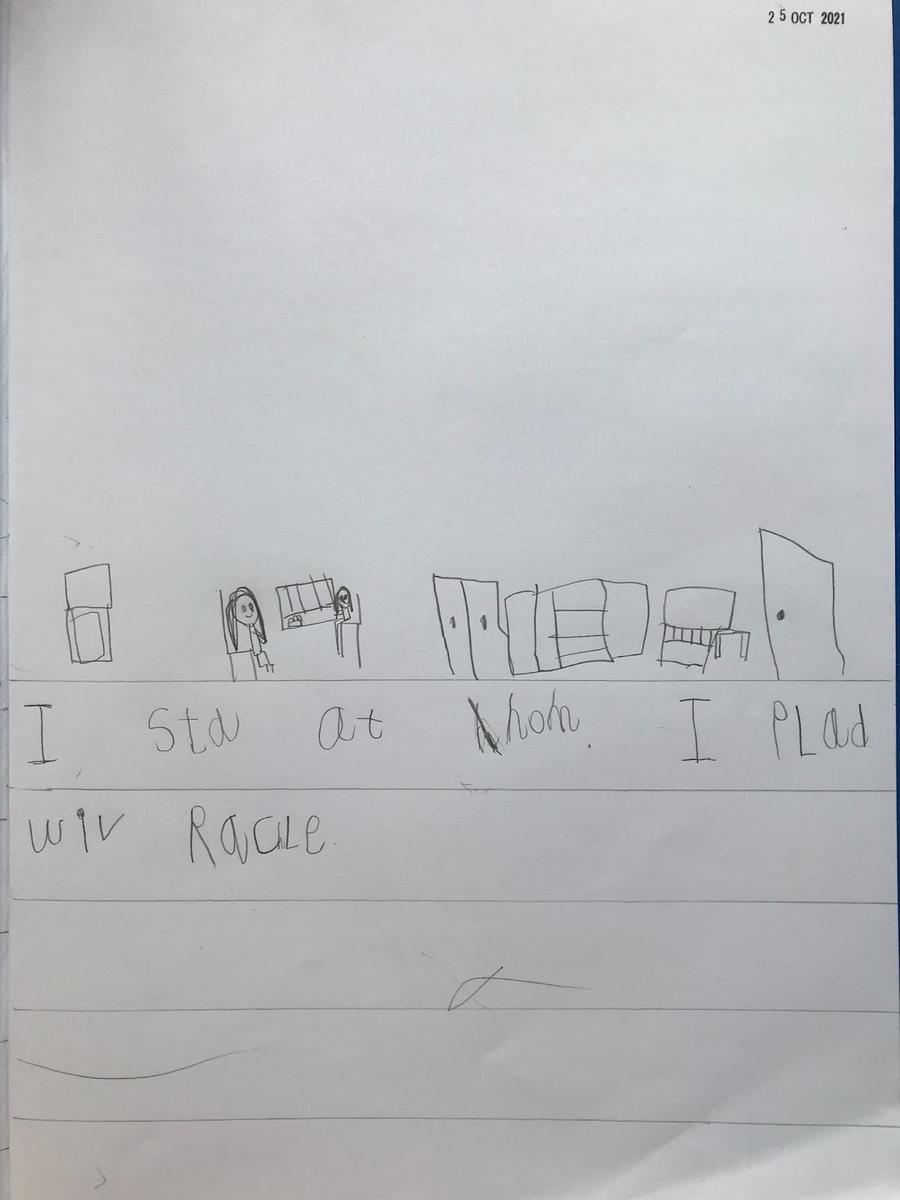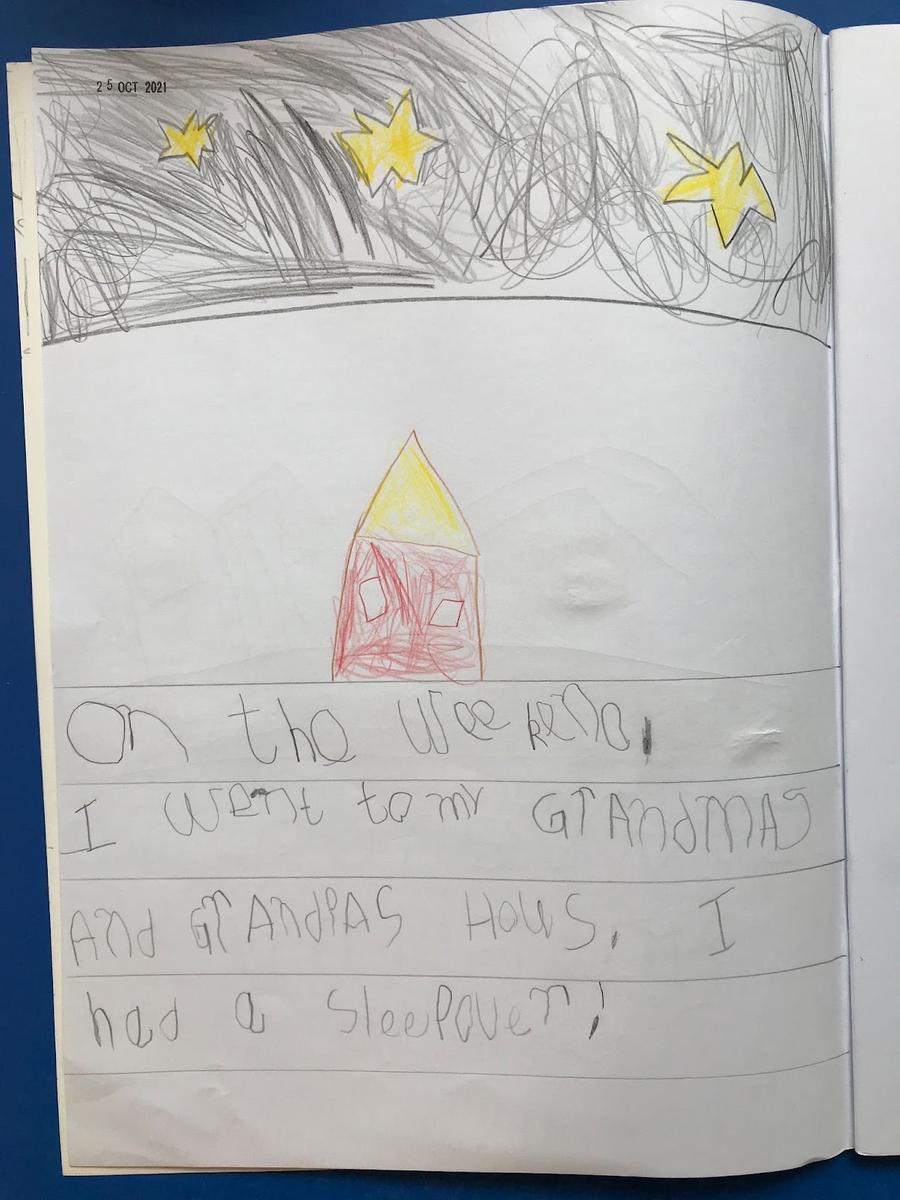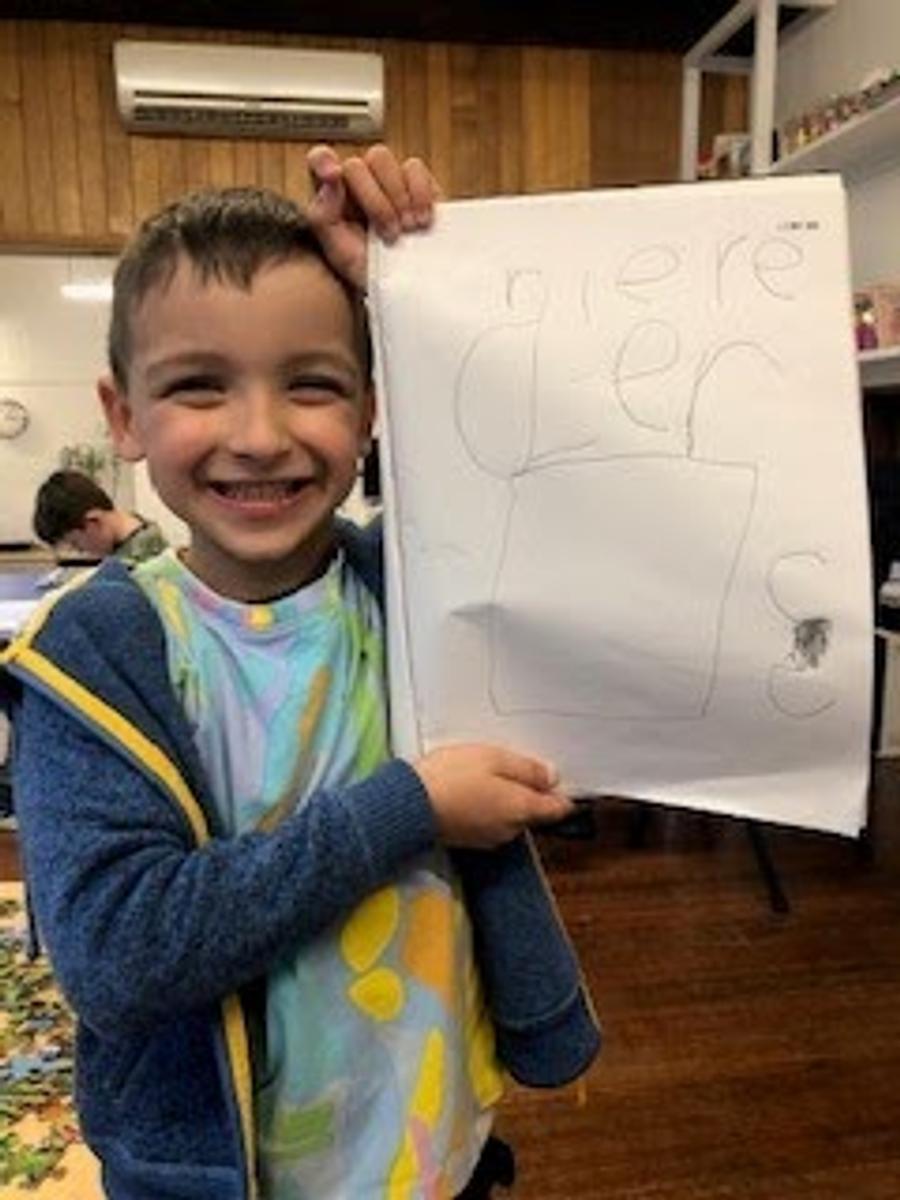Literacy
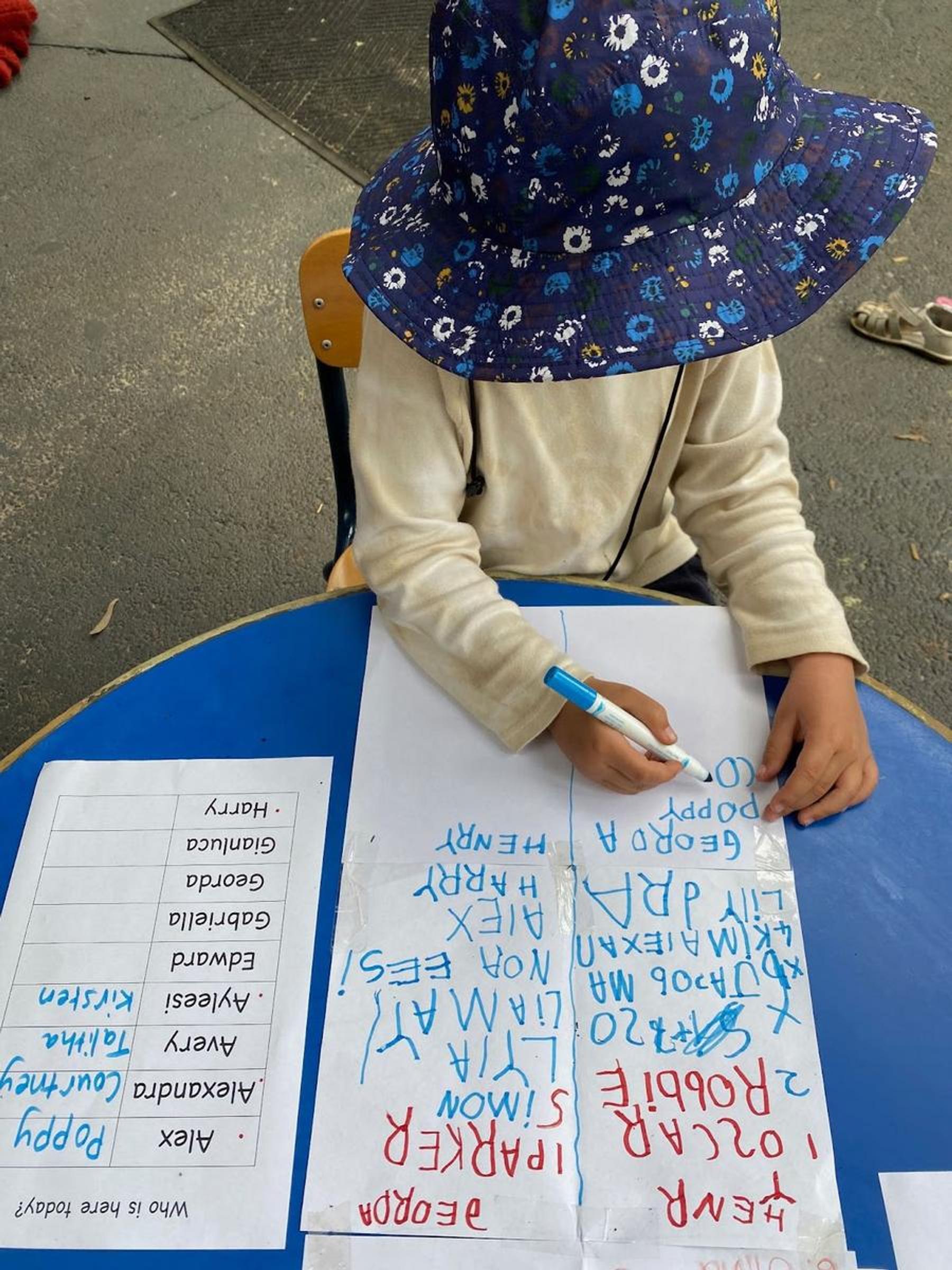
Literacy POR
What is literacy and why is it so important? Literacy is the ability to read, write, speak and listen in a way that allows us to communicate effectively and make sense of the world. Literacy underpins every aspect of schooling, as we need to be able to understand both written language and oral communication effectively to learn. These days, reading is not just about printed material like books and newspapers, but encompasses digital media and visual representations. Our digital world has meant that we can now access printed materials in an audio format, but we still need to be able to read street signs (or Google Maps), grocery labels or a train timetable to name a few. Written communication can be replaced with ‘speech to text’, but we may still need to write a text message, a birthday card or fill in a form.
At Arlington, we approach literacy learning in both a transdisciplinary model and as an English language subject. We teach children how the English alphabetic code works and support them to make connections between oral language and our written system.
The kinder children demonstrate their phonemic awareness and record the sounds they hear. Here you can see them practising writing their names, labeling drawings and writing signs.
We help children to ‘crack the code’ by explicitly teaching letter-sound relationships and prastising these with decodable reading books. These decodable books are specifically designed to help children learn to read and the words used are highly controlled to provide the learner with reading success.
“How do I write car? Is it C for cat first?”
We read beautifully written picture story books and complex novels so that children hear complex language structures and the children can predict, infer and draw conclusions about the storylines and characters. Additionally the Sunroom and Peppercorn children attend ‘Separates’ each week where skilled reading is modeled by the classroom teachers and children get to listen to a book just for pleasure.
Children at Arlington write daily. They write with pencils and they write with keyboards. They learn how to form letters correctly and how to structure a persuasive essay. They learn about sentence structure and how to write dialogue. They write creatively for a variety of audiences and purposes.
The Sunroom children listened to instructions to create a pop up card. They then wrote a gratitude note.
Children practise using the correct grammar and punctuation when writing dialogue.
Children write in different genres.
Not surprisingly, the children also speak and listen daily! The children use their oral language in their play and their work. They negotiate friendships and perform plays. They explain their thinking to philosophical questions and deliver speeches about their projects. Their listening skills are supported with visual aids such as text, templates, labelled diagrams and pictorial images. They also write in French!
The Lighthouse children learn that the same sound can be written in different ways.
They also write in French!
Throughout their journey at Arlington, children’s learning is supported and monitored. Teachers know that children don’t all progress at the same rate or in a linear fashion. They use their professional judgement and experience, as well as formal testing, to understand exactly where a child is at with their learning and where to go next. Evidence-based assessments help track the progress of the children and complement the learning that takes place in class. It is safe to say that the children of Arlington have a very rich literacy experience!
Sophie Dall'Ava
8s and 9s teacher


